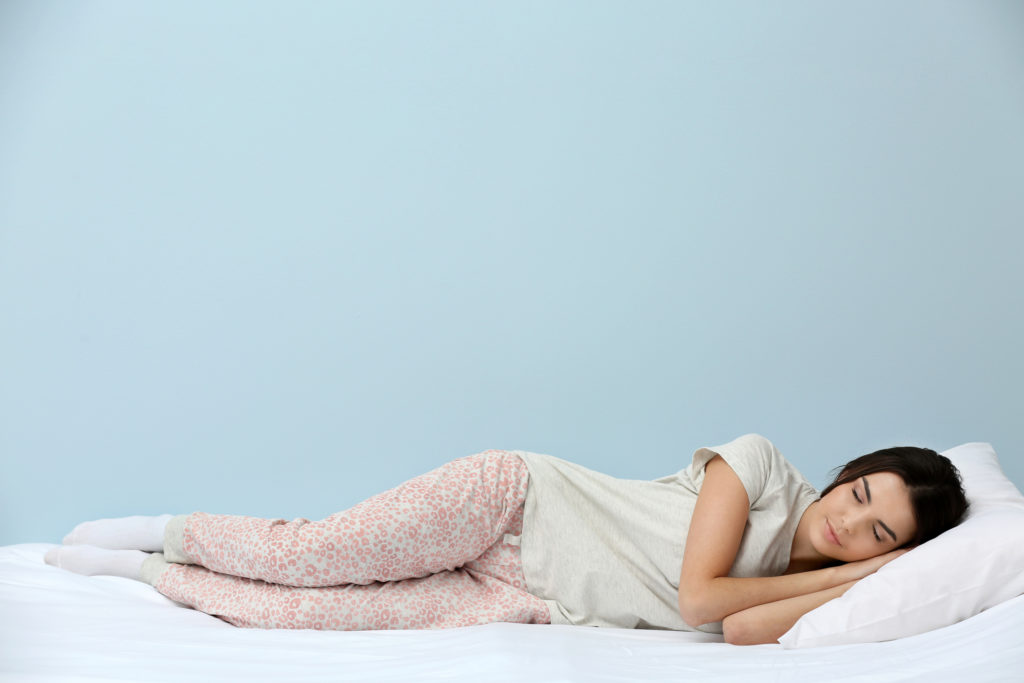
What Type of Exercise Helps Most With Sleep?
Do you like group exercise? Take a cardio (“aerobics/calisthenics”) or indoor cycling class if you’d like to promote a good night’s sleep. While most people know that physical activity improves sleep quantity and quality, new research indicates that the choice of activity plays a role in the outcome.
Studies have found that people who get less than 7 hours of sleep are at greater risk for poor health and functioning and that physical activity is associated with healthy sleep. Researchers at the University of Arizona, in Tucson, wanted to tease out the differences between specific types of activity and sleep quality.
The investigators used data on sleep and activity from 429,110 adults from the 2013 Behavioral Risk Surveillance System, a survey collected every year by the Centers for Disease Control and Prevention. Respondants gave information on amount of sleep and types of physical activities, among other behaviors. Walking was the top activity for most people. The next 10 most frequently reported were gardening/yardwork, running, aerobics/calisthenics, biking, weightlifting, golfing, swimming, yoga/Pilates, jogging and household/childcare.
Data analysis showed that while walking was beneficial, activities like aerobics/calisthenics, bicycling and running were even more likely to be associated with healthy sleep; weightlifting and yoga also proved beneficial. All activities were associated with fewer cases of insufficient sleep, except for housework and childcare.
“Although previous research has shown that lack of exercise is associated with poor sleep, the results of this study were surprising,” lead investigator Michael A. Grandner, PhD, director of the Sleep & Health Research Program at the University of Arizona College of Medicine, in Tucson, told IDEA Fitness Journal.
“Not only does this study show that those who get exercise simply by walking are likely to have better sleep habits, but these effects are even stronger for more purposeful activities, such as running and yoga, and even gardening and golf. It was also interesting that people who receive most of their activity from housework and childcare were more likely to experience insufficient sleep. We know that home and work demands are some of the main reasons people lose sleep.”
“Sleep, fitness, and diet are the three pillars of health,” said Grandner. “When any one of them is out of balance with the other, the body is not able to do what it needs to do to maintain optimal functioning. That also means that these three pillars all support each other. Fitness professionals would do well to talk to their clients about their sleep habits.”
The study was presented at the 2016 Annual Meeting of the Associated Professional Sleep Societies LLC, held in June in Seattle.